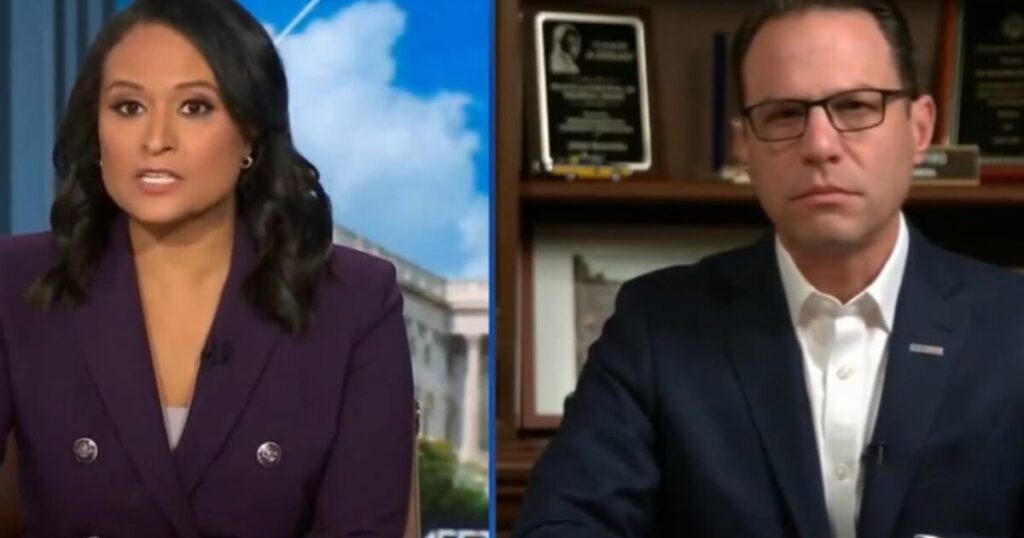In recent political discourse, Pennsylvania Governor Josh Shapiro has voiced strong criticisms of billionaire entrepreneur Elon Musk following Musk’s announcement of a $1 million giveaway each day until the upcoming November election for individuals who sign a petition pledging support for the U.S. Constitution. The giveaway, which aims to incentivize voter engagement, took center stage at a rally in Pennsylvania where Musk awarded his first $1 million check to attendee John Dreher. The event has drawn significant attention in light of Musk’s recent endorsement of former President Donald Trump, as the Tesla and SpaceX founder seeks to mobilize voters ahead of the elections.
However, Musk’s generosity has not gone unchallenged. Critics, including Rick Hasen, a law professor at the University of California, have labeled the daily payouts as potentially illegal. Hasen cited federal election law, stating that providing financial incentives for voter registration or voting is expressly prohibited. He noted that such actions could lead to fines or imprisonment, emphasizing that while Musk’s other activities could be seen as ethically questionable, the legality of this specific giveaway is clear-cut. This growing backlash highlights profound concerns about the implications of wealthy individuals leveraging their resources to influence political participation.
In an appearance on NBC’s “Meet the Press” with host Kristen Welker, Governor Shapiro reiterated his worries about Musk’s financial maneuvers in politics. While acknowledging Musk’s constitutional right to express his political views, Shapiro stressed that the infusion of such large amounts of money into the electoral process raises significant ethical concerns. He pointed out that while he and Musk may differ politically—as a Democrat opposing Musk’s open support for Trump—these differences do not preclude the necessity for a careful examination of Musk’s activities. Shapiro’s call for investigation highlights the tension between free speech and the potential for financial corruption in the democratic process.
Shapiro’s statements underscore a broader debate about the role of money in politics, particularly concerning the influence of wealthy individuals and corporations. This incident is emblematic of a growing unease among some lawmakers and citizens regarding the ethical boundaries of financial contributions to political campaigns and actions that could be construed as voter coercion. The situation raises fundamental questions about the integrity of the electoral process and the potential consequences of normalizing financial incentives for political engagement, especially as election season approaches.
Musk’s actions may serve as a catalyst for greater regulation and scrutiny of political contributions, especially as public attention shifts towards this controversial practice. Critics argue that the potential for abuse increases when significant sums of money are involved, particularly in the context of an already fragile trust in election integrity. Legal experts and politicians alike are weighing in, suggesting that more stringent rules may be necessary to preserve the democratic principles upon which the United States was founded.
In summary, the clash between Governor Shapiro and Elon Musk illustrates the complexities of modern politics, where financial power and free speech intersect. As the November elections draw near, the scrutiny of Musk’s actions may prompt important discussions about accountability in political funding and participation. As Shapiro represents a growing faction of politicians concerned about the ramifications of such wealth on democratic processes, the outcome of these debates could shape not only public policy but also the fundamental mechanics of future elections. The ongoing dialogues around Musk’s giveaways will likely continue to evoke strong opinions from all sides of the political spectrum as the nation approaches another pivotal moment in its electoral history.

